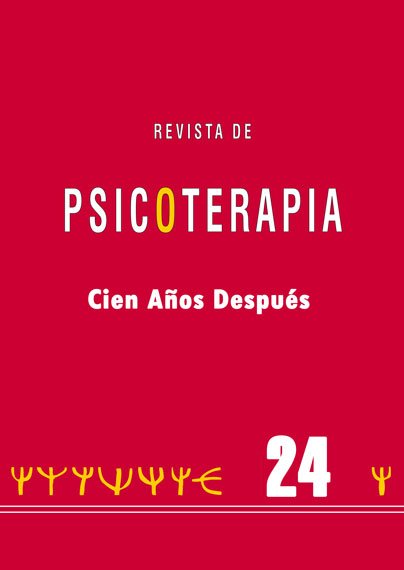La psicoterapia en una sociedad postmoderna.
DOI:
https://doi.org/10.33898/rdp.v6i24.1091Palabras clave:
psicoterapia, postmodernidadResumen
En este trabajo relacionamos la psicoterapia con la postmodernidad, partiendo de la respuesta que ésta ofrece a cuatro elementos clave: el lenguaje, la verdad, la importancia del contexto social y la marginalización del método. Veremos, siguiendo este discurso postmoderno, cuál puede ser su influencia en nuestra comprensión de la psicopatología, del paciente o cliente que se presenta ante nosotros, en cómo afecta todo ello a nuestro papel terapéutico y nuestro aprendizaje, para terminar esbozando cómo se entiende la psicoterapia postmoderna.
Descargas
Descargas
Publicado
Cómo citar
Número
Sección
Licencia
Los autores/as que publiquen en esta revista aceptan las siguientes condiciones:
- Los autores/as conservan los derechos de autor y ceden a la revista el derecho de la primera publicación, con el trabajo registrado con la Creative Commons CC-BY-NC 4.0 Internacional, que permite a terceros citar el texto y usarlo sin alterarlo y sin beneficio económico, siempre que mencionen la autoría del trabajo y la primera publicación en esta revista.
- Los autores/as pueden realizar otros acuerdos contractuales independientes y adicionales para la distribución no exclusiva de la versión del artículo publicado en esta revista (p. ej., incluirlo en un repositorio institucional o publicarlo en un libro), siempre que indiquen claramente que el trabajo se publicó por primera vez en esta revista.
- Las opiniones expresadas en los trabajos son responsabilidad única de los/as autores/as, no reflejando en ningún caso las opiniones o políticas científicas de la revista.














